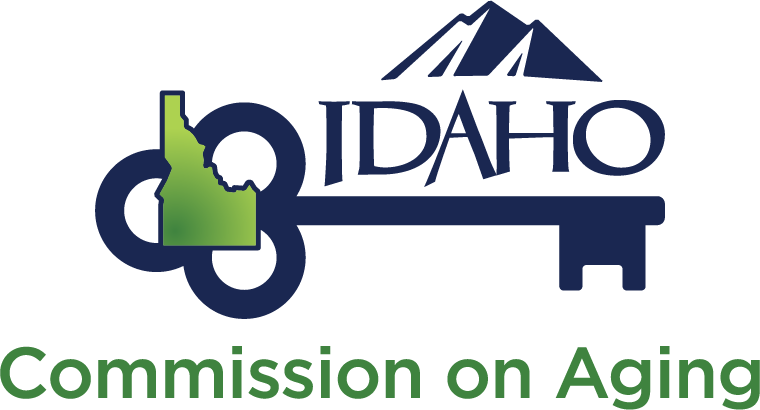News & Alerts
Event Boise Art Museum Monthly Education Programs & Hands-on Art Projects / Experiences
Event Creative Aging, Art Museum of Eastern Idaho, 3rd Wednesday of the month, 10 – 11:30 am (registration required)
Creative Aging offers creative art expression for individuals with mild cognitive impairment and early to middle stage Alzheimer’s diseases and related dementias. A fun way to connect with others and […]
Event Caregiver Support Group, 1:00-3:00, 3rd Thursday of the month, Hagerman Public Library
Details here
Event Brain Health and Community Resources, Coeur d’Alene, Noon – 1:00, 1st and 3rd Friday monthly
Location: Area Agency on Aging 402 W. Canfield Ave Ste 1, Coeur d’Alene Join us for a program created and presented by the Alzheimer’s Association and the Area Agency on […]
Alert Grandparent Raising Grandchildren Support Group, 4th Tuesday of the month, Idaho Falls
Location: Eastern Idaho Community Action 935 E Lincoln Rd. Idaho Falls, Idaho Contact: 208.522-5370 ext 203 Details here
Event Caregiver Support Group, 1:30 – 3:00, 4th Wednesday of the month, Lewiston, ID
Location: Community Action Partnership 124 New 6th Street, Lewiston, ID 83501 Details here
Event Caregiver Support Group, 4th Wednesday of the Month, 2 pm
Location: Area Agency on Aging 214 E Center St. Pocatello ID Phone: 208-233-4032

